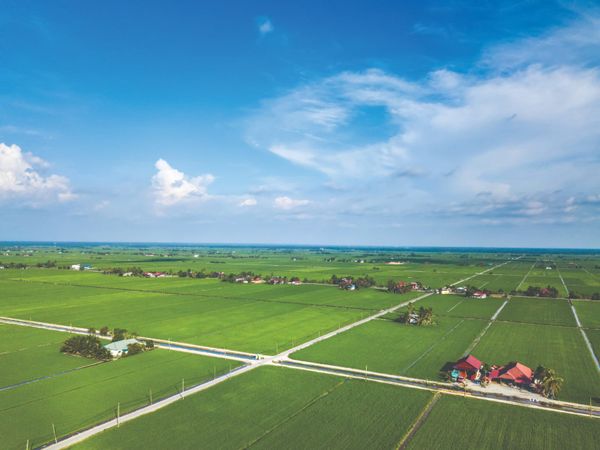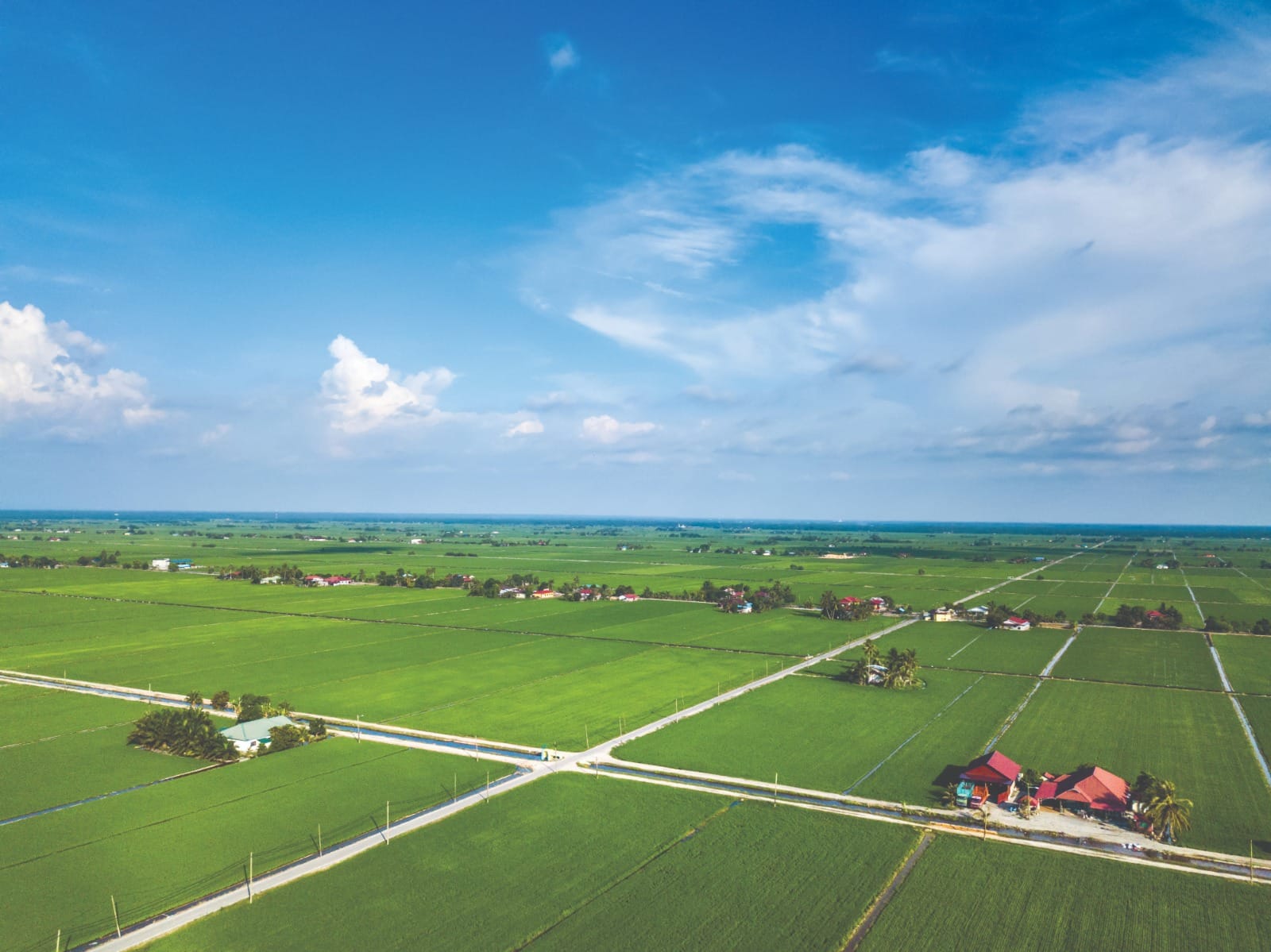KUALA LUMPUR, Sept 4 — The claim that a few large companies dominate the padi and rice industry to the extent of forming a cartel-like structure is unfounded, said Agriculture and Food Security Deputy Minister Datuk Seri Arthur Joseph Kurup.
He said the conclusion was based on a general study of the padi and rice industry conducted by the Malaysian Competition Commission (MyCC), which was tabled at the Cabinet Committee Meeting on National Food Security Policy on December 17 last year.
“Based on the study, MyCC did not find any anti-competitive practices or any issues that contravene the provisions of the Competition Act 2010,” Arthur said.
He was responding to Senator Abdul Nasir Idris's query on whether the findings of the study, which concluded that there was no violation of competition law, had considered the possibility of market dominance by a handful of large companies that could potentially form a cartel-like structure.
Moving forward, the ministry has been implementing comprehensive reforms in the padi and rice industry in phases since October 2024.
Arthur added that among the key areas under the padi and rice industry reform is the need to review the existing legal framework to ensure it remains relevant and effective in regulating the industry.
"This review is important in addressing various issues that have recently plagued the sector, including ecosystem imbalances, allegations of supply manipulation through rice-mixing activities, and other related matters,” he said.
In response to an additional question from Abdul Nasir on mechanisms for a more competitive rice market, Arthur said that 52 companies producing various types and brands of rice are required to comply with the regulatory controls and established standards, including certification schemes for padi seeds.
“The manufacturing, distribution, and production of rice must adhere to national standards set by the Malaysian Standard and SIRIM Berhad.
"Rice quality assessments will be conducted through accredited laboratory testing, including ISO-certified laboratories operated by Padiberas Nasional Berhad (Bernas),” he said.



